Closer to a functional atlas of the brain
 Scientists from the Institute for Bioengineering of Catalonia develop a technique that enables them to work out the specific function of a neuronal receptor according to its location in the brain. The study, published in PNAS, is based on the activation of photoswitchable drugs with micrometric precision and offers new opportunities in neurobiology.
Scientists from the Institute for Bioengineering of Catalonia develop a technique that enables them to work out the specific function of a neuronal receptor according to its location in the brain. The study, published in PNAS, is based on the activation of photoswitchable drugs with micrometric precision and offers new opportunities in neurobiology.
Schizophrenia, depression, myasthenia… Many neurological diseases are due to the malfunctioning of a neuronal receptor. These proteins, also known as neuroreceptors, are responsible for sending and detecting neurotransmitters, chemical substances that allow communication between neurons.

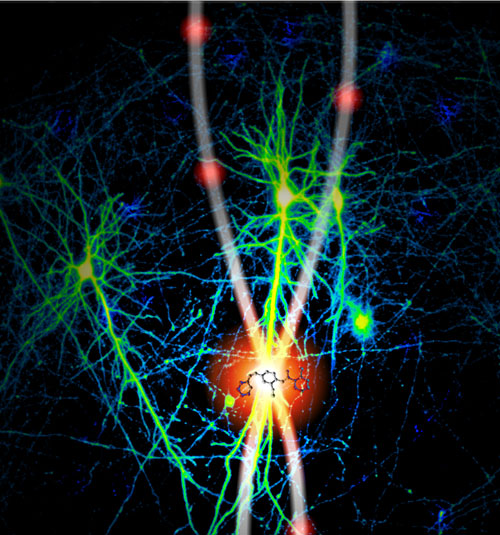
 Scientists from the Institute for Bioengineering of Catalonia develop a technique that enables them to work out the specific function of a neuronal receptor according to its location in the brain. The study, published in PNAS, is based on the activation of photoswitchable drugs with micrometric precision and offers new opportunities in neurobiology.
Scientists from the Institute for Bioengineering of Catalonia develop a technique that enables them to work out the specific function of a neuronal receptor according to its location in the brain. The study, published in PNAS, is based on the activation of photoswitchable drugs with micrometric precision and offers new opportunities in neurobiology.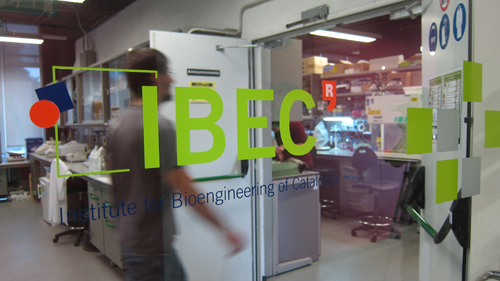

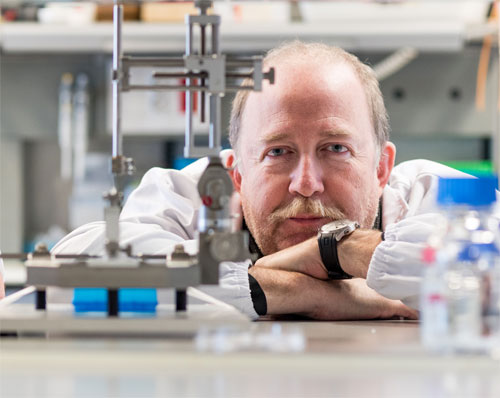

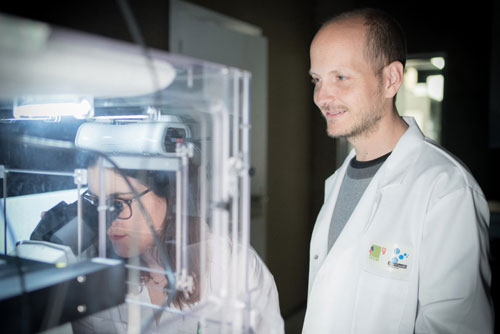
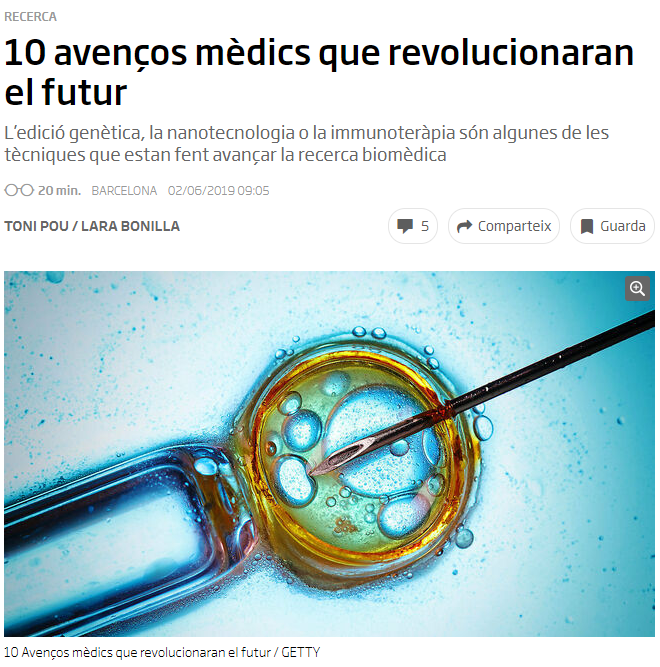
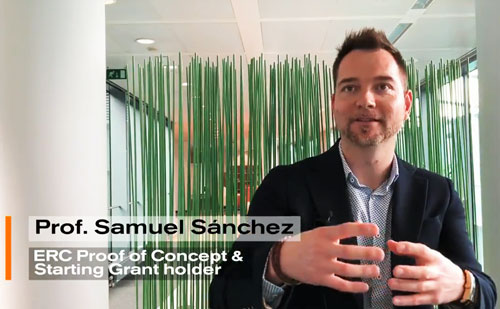
 Research Professor Samuel Sánchez presented last March 3rd in Brussels the new generation of NanoBots and BioBots developed in his research group at Institute of Bioengineering of Catalonia (IBEC) in Barcelona.
Research Professor Samuel Sánchez presented last March 3rd in Brussels the new generation of NanoBots and BioBots developed in his research group at Institute of Bioengineering of Catalonia (IBEC) in Barcelona.